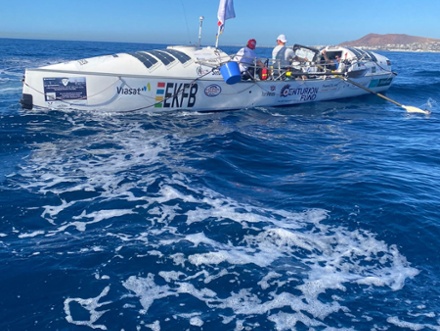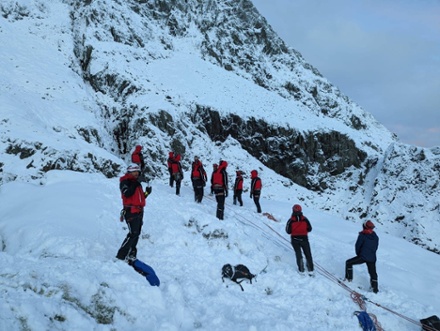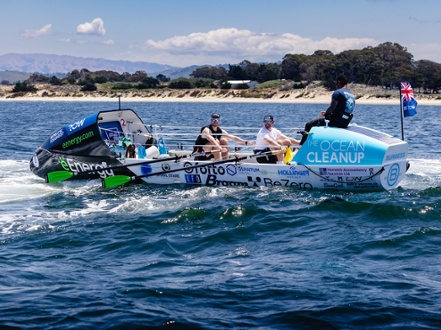3200 miles. 61 days. 19 hours. 14 minutes. That’s how long it took the Atlantic Rocks team to row from Lanzarote to Antigua in their boat, Sentinel, covering an incredible 3200 nautical miles.

An already challenging endeavour was made all the more difficult by weather conditions and several obstacles the team had to adapt and overcome throughout the journey.

These started when the EFOY (fuel cell) fitted to Sentinel encountered servicing issues within the first week of the crossing, which unfortunately couldn't be fixed remotely, this meant that the team had to hand and foot steer and navigate Sentinel during the day with minimal power systems, to conserve the solar power. This then allowed them to use the digital navigation systems during darkness hours through solar power generated during the day.

Overcoming the initial issues presented by the lack of EFOY was exacerbated by the 7 knot headwinds and low pressure, which made the conditions feel like the team were rowing through treacle. The team routinely rowed 40-50 nautical miles per day even through these conditions, with the weather router suggesting these were the most challenging conditions they'd encountered in 25 years!

Despite battling extremely difficult conditions for the entire row, with their journey exceeding the presumed length, the team supported University of Michigan in their battle to tackle plastic pollution in our oceans. For example, by taking water samples and recording the latitude and longitude of where the samples were collected. These samples have now been sent to the university, to measure plastic pollution across the South Atlantic.

During the row the team came up against issues with their BGAN - used for remote Internet connectivity. Originally, it was believed the issues would rectify once in range of the westernly satellite, however, it was then determined that damage had occurred - likely in a storm - that couldn't be fixed remotely. This not only meant that media for the teams' social media couldn't be received for most of their row, but also meant that the team's communication with the outside world was limited and sadly they had limited access to any music, hampering morale slightly.
One night, the team even had a close encounter with a large tanker. They noticed the tanker was heading into their way of passage, and to avoid a potential catastrophic event, the team tried to contact the tanker via radio multiple times, to no avail. Finally, the tanker responded and moved out of the way, roughly 100m from their vessel. Dynamic and fast thinking saw the team act with efficiency and professionalism, avoiding what could've been a much worse outcome.

To find out more about their remarkable journey and learn more about the charities they're supporting visit: https://atlantic.rocks/.








